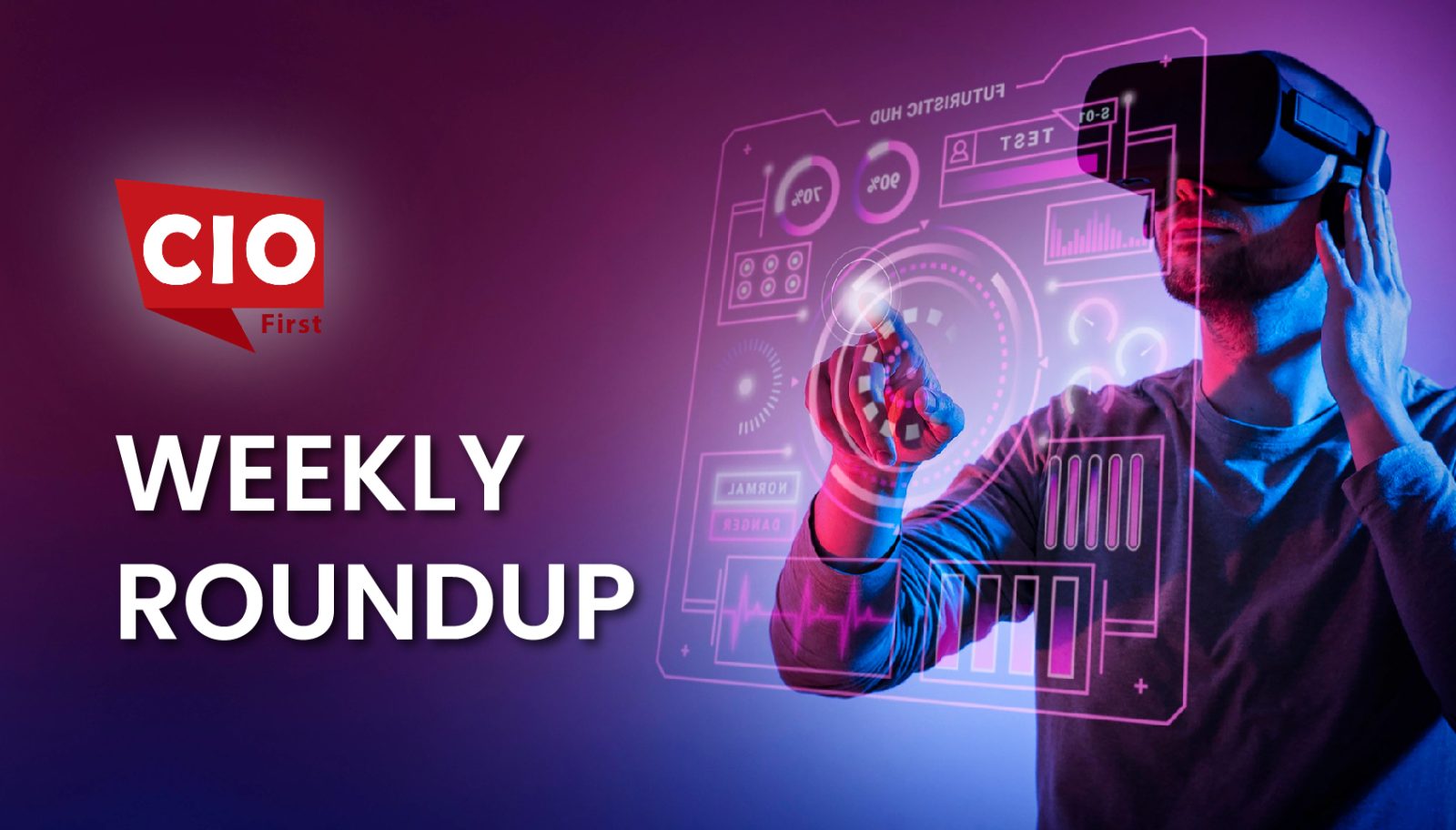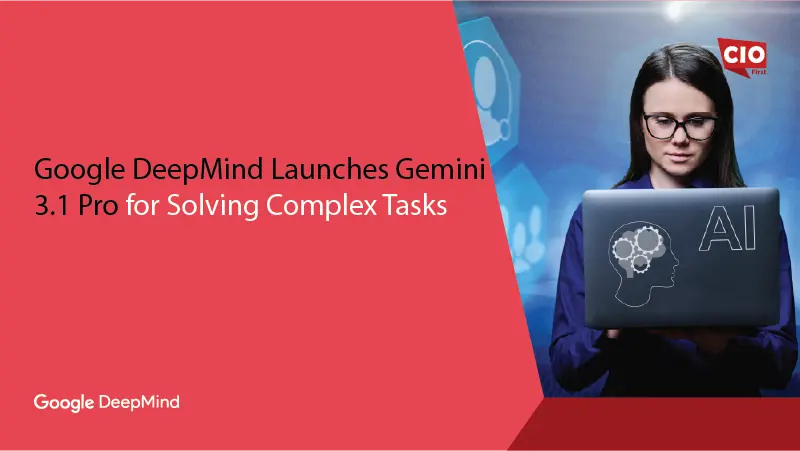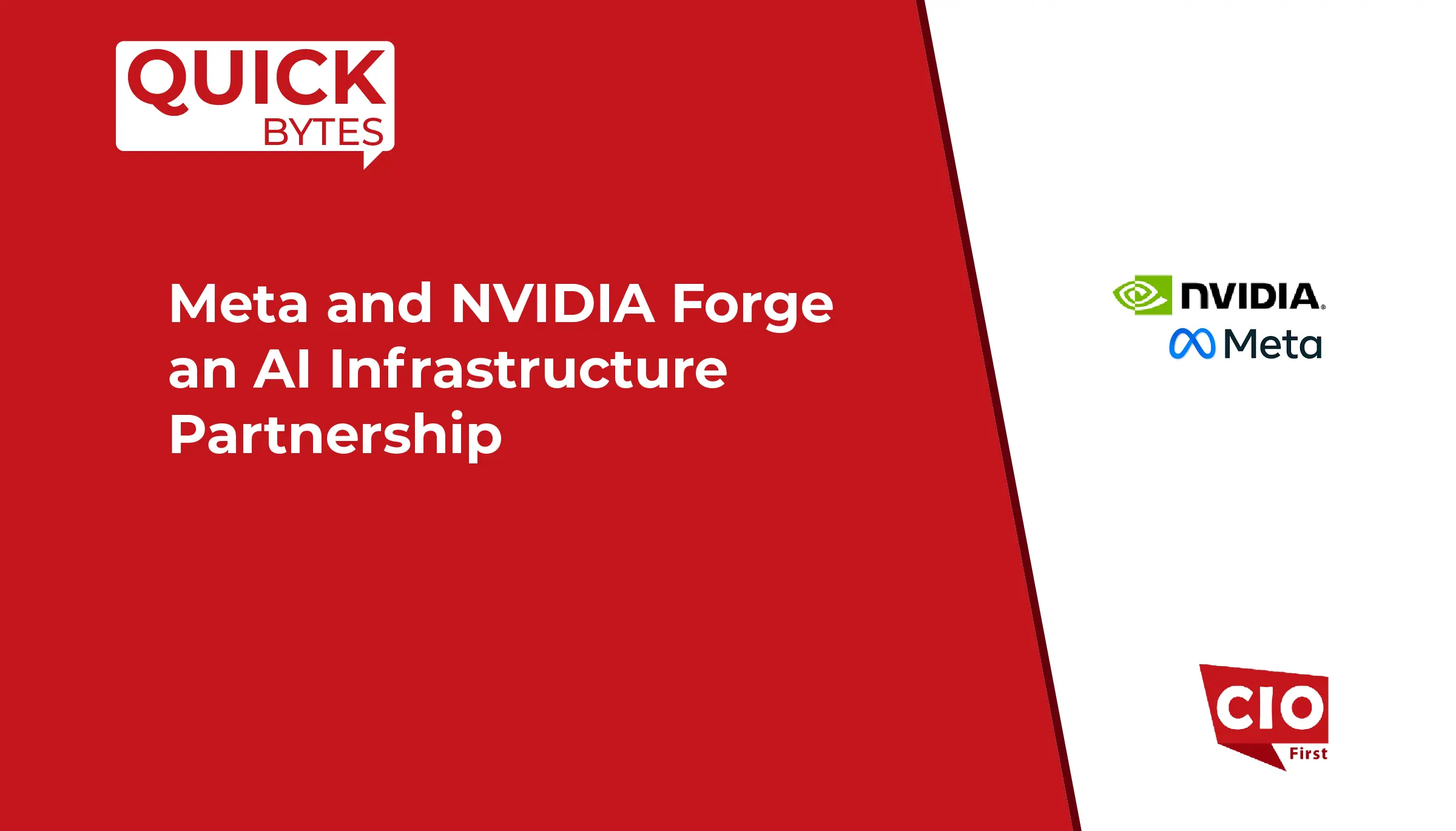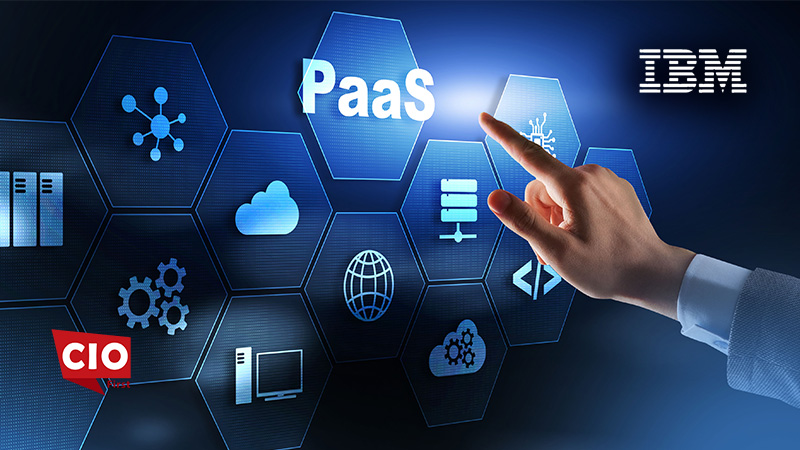WiMi Hologram Cloud Inc., a leading global Hologram Augmented Reality Technology provider, announced that its R&D team delved into the application potential of blockchain in the field of identity management. The decentralized nature of blockchain as an open distributed ledger offers the possibility of constructing a secure, transparent, and tamper-proof trust management system. Using graph theory and blockchain frameworks, the team proposed an abstract identity verification model and successfully mitigated popular cyber-attacks by implanting trust-related information in an encrypted blockchain architecture.
WiMi’s blockchain technology-based identity management model provides a decentralized, tamper-proof distributed ledger through blockchain technology. In the identity management model, the blockchain network acts as a foundation of trust, ensuring that the identities and transaction records of all participants are transparent and trustworthy. Each user has a unique identifier on the blockchain, which is usually associated with the user’s public key. Using cryptography, such as asymmetric encryption, users can securely authenticate themselves and exchange data without having to reveal their private keys.
In addition, smart contracts are automatically executed programs that run on the blockchain and perform tasks according to predefined rules. In the identity management model, smart contracts are used to automate the authentication process, ensuring that only authenticated users can access specific resources or services.
Also Read: LastPass Welcomes Heather Brown as Chief Customer Officer
In cloud computing, users may need to operate across different service providers (CSPs). WiMi’s blockchain technology-based identity management model enables trust transfer between different domains by designing a cross-domain authentication process that allows CSPs to participate in trust management as referrers while acting as service providers. Trust factors are the key indicators for assessing user trustworthiness. In the model, there are three main trust factors: user trustworthiness, authentication and satisfaction. User trustworthiness is calculated based on the user’s historical behaviour and transaction records. Authentication is realized through smart contracts and cryptography, and satisfaction is calculated based on the interaction history between the user and the service provider.
The model applies the graph theory in trust networks, which provides a mathematical tool for analyzing and representing nodes (users or service providers) and edges (trust relationships) in a network. By constructing a trust graph, it is possible to more intuitively understand and analyze trust relationships and how they affect the security and efficiency of the overall system.
To improve the security of the system, the model designs multiple mechanisms to mitigate common cyber attacks. For example, through the distributed nature of blockchain, it can withstand denial-of-service attacks. Through cryptography, it can prevent man-in-the-middle attacks, and through ensuring the immutability of data, it can prevent data tampering attacks. WiMi’s research team has conducted a comprehensive security analysis of the proposed model, proving its robustness in the face of common cyber-attacks, such as denial-of-service attacks (DoS), man-in-the-middle attacks ( MITM) and data tampering.
As technology develops and user needs change, the identity management model needs to be continuously optimized and updated. This includes updating the logic of smart contracts, improving trust calculation methods, enhancing the user experience of the user interface, etc. WiMi will continue to optimize the model to adapt to the ever-changing cloud computation and security requirements, bringing revolutionary improvements to data security and trust management in the enterprise.
This innovative achievement of WiMi not only marks an important step for the company in the application of blockchain technology but also provides new ideas and solutions for the security development of the entire cloud computing industry. With the continuous maturity and application of the technology, we have reason to believe that the decentralized trust management system based on blockchain will become an important part of enterprise security.
SOURCE: PRNewsWire
























